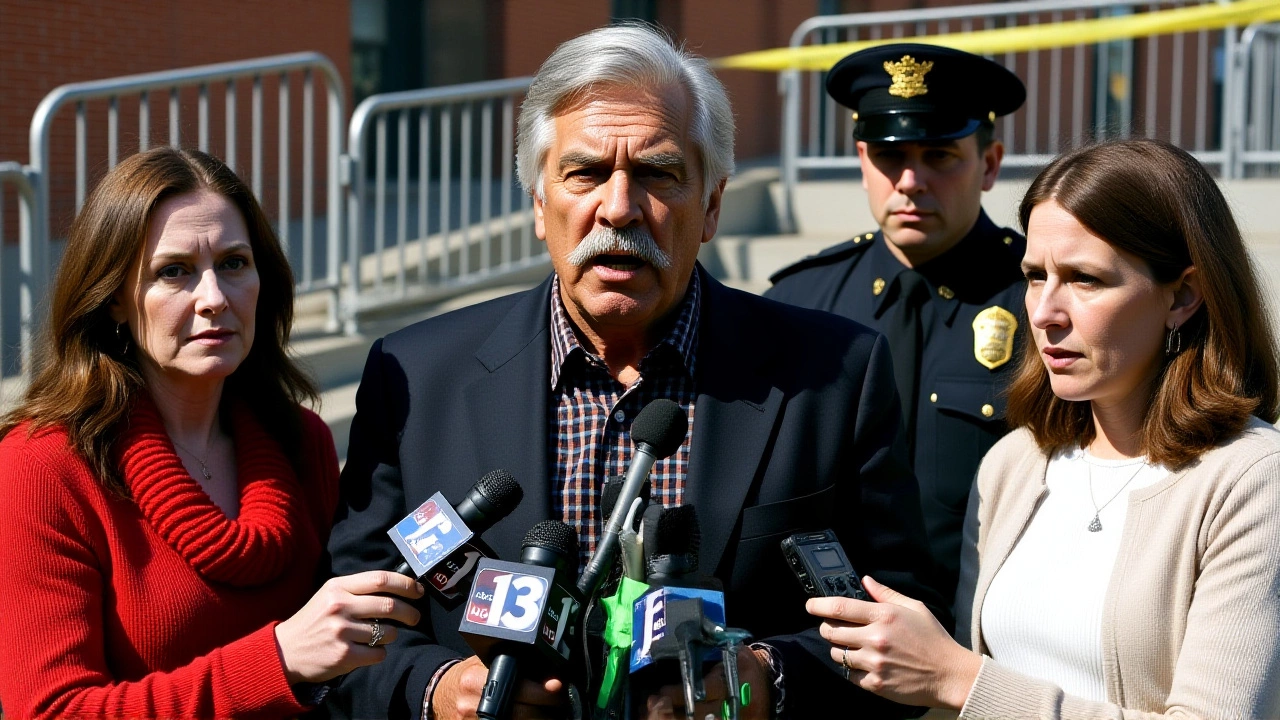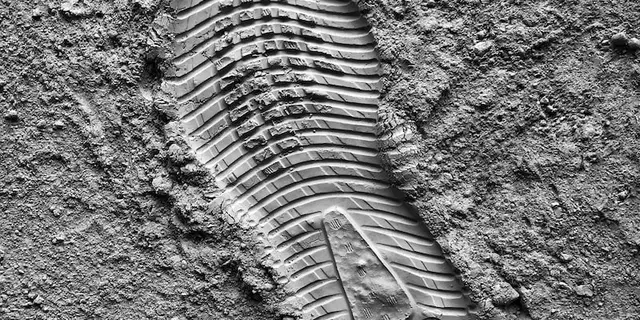For nearly three decades, Fred Goldman fought a quiet, relentless war—not for fame, not for money, but for justice. On November 15, 2024, that fight reached a quiet, bittersweet conclusion when Malcolm LaVergne, executor of O.J. Simpson’s estate, formally accepted a $58 million creditor claim from Fred Goldman, father of Ron Goldman, one of the two victims brutally killed outside Nicole Brown Simpson’s Brentwood home on June 12, 1994. The filing, made in Clark County, Nevada’s Eighth Judicial District Court, didn’t bring payment. But it brought closure. After 27 years of legal limbo, Simpson’s estate acknowledged the judgment’s validity. Now, the real question isn’t whether the Goldmans deserve it—it’s whether anything’s left to give.
The Judgment That Never Paid
Even after O.J. Simpson walked free from criminal court on October 3, 1995, the civil verdict on February 4, 1997, was unambiguous: he was liable for the wrongful deaths of Ron Goldman and Nicole Brown Simpson. The jury ordered him to pay $33.5 million. With interest, that ballooned to $58 million by 2024. Simpson never paid a dime. Not voluntarily. Not meaningfully. Not even after he was sentenced to 33 years in prison in 2008 for an armed robbery in a Las Vegas hotel room—a crime that landed him behind bars while the civil debt festered.
He lived in a gated community near the Palace Station Hotel & Casino in Las Vegas, surrounded by memorabilia and silence. He rarely spoke about money. When pressed, he’d say he lived on pensions. ESPN reported he declined to discuss finances beyond that. The truth? He had assets, but they were shielded, hidden, or simply too small. His estate, at the time of his death on April 10, 2024, at age 76, was estimated to hold between $500,000 and $1 million—far short of the $58 million claim.
Why Acceptance Matters More Than Payment
“It won’t be $58 million plus interest,” Malcolm LaVergne told reporters on November 18, 2024. “But it will be a voluntary payment. That’s the point.”
That statement carried weight. For years, the Goldman family’s attorneys had to chase phantom assets, file liens, and fight legal maneuvers to prevent Simpson from transferring property or hiding cash. In 2010, a California court ordered the sale of Simpson’s memorabilia, including his Heisman Trophy and Super Bowl rings. The proceeds? $1.5 million. Most went to legal fees. The rest? Distributed piecemeal, never touching the full judgment.
By accepting the claim, LaVergne eliminated the need for a protracted court battle over validity. No more motions. No more appeals. The claim is now official. But here’s the twist: under Nevada probate law, the Internal Revenue Service gets first dibs. Then come administrative costs, funeral expenses, and other creditors. The Goldmans? They’re last in line.

The Family That Never Gave Up
Fred Goldman, now 83 and still living in Los Angeles, became the face of this fight. He didn’t seek headlines. He sought accountability. He showed up at every hearing. He watched Simpson’s parole hearings. He wrote letters. He spoke to journalists. He didn’t celebrate Simpson’s death—he just kept going.
“The estate has accepted the claim as valid,” said Michaelle Rafferty, Goldman’s attorney, in an email. “But it does not constitute payment. We will continue to closely monitor the probate proceedings.”
That’s the quiet determination of a father who lost his son to violence and spent his life ensuring the man who took him didn’t walk away untouched. Even if the money never comes, the legal acknowledgment matters. It’s a record. A truth. A final stamp on a story that America tried to forget.
What Comes Next?
Probate in Clark County, Nevada will continue through 2025 and likely into 2026. The court will inventory everything Simpson owned: pensions, life insurance, royalties from his books, even royalties from the 2016 FX series The People v. O.J. Simpson. But experts say most of those streams were already tapped or legally encumbered.
One possibility: if Simpson’s estate holds any unclaimed property—like forgotten bank accounts or unused credit card rewards—it could be clawed back. But don’t expect a windfall. The most realistic outcome? A few hundred thousand dollars, maybe less, trickling to the Goldmans over years.
Still, the symbolic weight is immense. For the first time since 1997, the legal system has officially recognized that Simpson owed this debt—and that the Goldmans have every right to collect it. Even if they collect little, they’ve won the moral verdict.

A Legacy Written in Paper, Not Cash
There’s no grand ceremony. No press conference. No check. Just a court filing, a quiet nod from a lawyer in New Orleans, and a grieving father who’s spent more than half his life waiting for this moment.
It’s not about the money anymore. It’s about the message: no one, no matter how famous, how powerful, or how well-connected, is above accountability. Even if justice arrives decades late, even if it comes in pennies, it arrives.
Frequently Asked Questions
Why did the Simpson estate accept the $58 million claim if it can’t pay it?
Accepting the claim eliminates the need for years of litigation over its validity. It’s a legal formality that puts the Goldmans on the official creditor list. Without it, they’d have to sue again. With it, they can monitor asset distribution during probate and claim any funds that become available after higher-priority debts—like IRS liens—are settled.
How much money will Fred Goldman actually receive?
Experts estimate less than $1 million total from Simpson’s estate, with the IRS and administrative costs taking priority. The Goldmans may receive a fraction of that—possibly $200,000 to $500,000—distributed over several years. The $58 million is the legal amount owed, not the expected payout.
Did O.J. Simpson ever pay anything toward the civil judgment?
No. Fred Goldman has consistently stated Simpson never willingly paid a cent. In 2010, assets like trophies and memorabilia were sold for $1.5 million, but most went to attorneys and court fees. Simpson reportedly used legal loopholes and asset shielding to avoid direct payment throughout his life.
Why is this case still relevant today?
It’s a landmark case in civil justice, showing how a verdict can stand even when criminal charges don’t. It also highlights systemic gaps: celebrities can avoid paying judgments through legal maneuvering, but the persistence of victims’ families can force accountability—even if it’s symbolic. The case remains a touchstone for discussions on race, fame, and justice in America.
What role did the IRS play in this case?
The IRS has first claim on any estate assets under federal law, ahead of civil judgment creditors. If Simpson owed back taxes—which is likely, given his income from books and TV appearances—the IRS could take the majority of available funds. That’s why the Goldmans’ recovery is expected to be minimal, despite the $58 million claim.
Is there any chance the Goldmans could get more money in the future?
Possibly. If Simpson’s estate holds any unclaimed royalties, digital assets, or undisclosed property, the Goldmans can petition the court for additional distributions. Also, if new assets surface—like a forgotten bank account or intellectual property rights—they can reopen the claim. But the window is narrow; Nevada probate law has strict deadlines for creditor claims.



